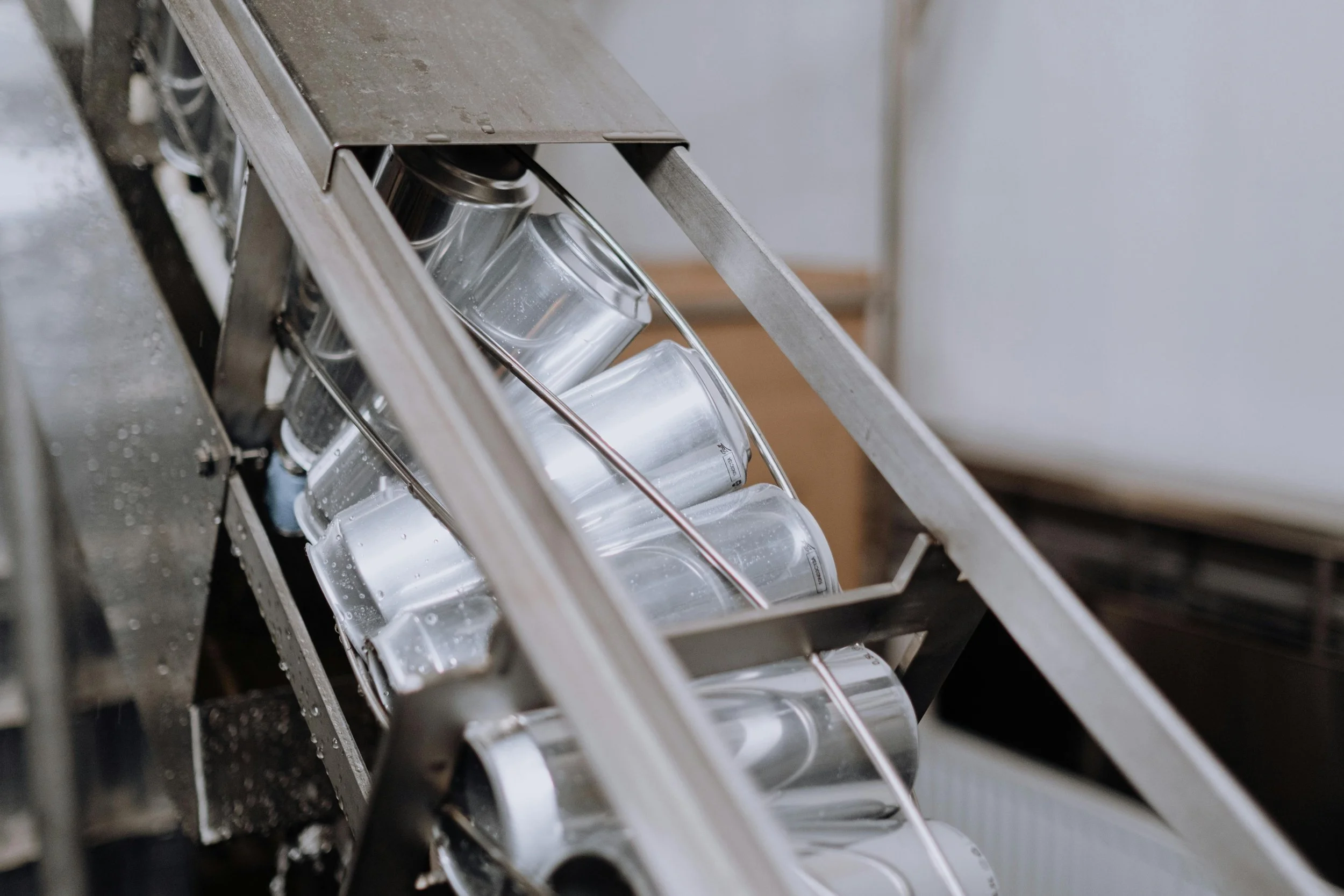Cans vs. Bottles: What is the best choice in 2024?
Deciding between bottles and aluminum cans is important. This decision matters whether you brew at home, work at a brewery, or want to create a product.
When deciding if your product should end up in a bottle or a can, several factors come into play. Picture yourself walking into a liquor store or bottle shop—what catches your eye?
Environmental Factors
Examining the environmental impact can be challenging because of conflicting evidence. Once aluminium is extracted, the environmental footprint is significant, but recycling aluminium cans consumes much less energy compared to glass, which doesn't degrade and requires more energy to recycle.
People often repurpose recycled glass for road surfacing instead of making new bottles. This process requires a significant amount of water, especially for glass bottles that have labels. The labels need water for both production and removal during the recycling process.
Recycling aluminium is easier and requires 90% less energy than recycling glass. However, producing aluminium for cans initially demands more energy and resources than producing glass. The ore, typically bauxite, must be mined and refined, and large amounts of electricity are used to smelt it into the aluminium metal needed.
Storage Considerations
If you opt to bottle your beverage, the flavours can degrade if exposed to UV light. This is why beer and cider are often in dark bottles, which provide better insulation against temperature fluctuations. Canning offers a tighter seal, blocking all light and reducing oxygen contamination, thus better-preserving flavours.
For shipping and distribution, cans have a clear advantage due to their stackability. Aluminium cans reduce shipping and warehousing costs. Plastic bottles are 40% lighter than glass bottles, saving money on transportation and labor costs for breweries.
The Advantages of Cans
The advantages of cans compared to glass bottles or plastic alternatives are readily apparent. Aluminium cans are more economically efficient, environmentally friendly, easier to handle, and enjoy greater consumer preference.
The Role of Glass Bottles in Winemaking
Despite the many benefits of cans, glass bottles will continue to have a crucial space in the beverage industry. Cans cannot effectively replicate the winemaking process, especially the aging of wine. The glass helps the wine age well and develop its full flavour. Glass will always be important for the wine industry and other beverages that need to age.
Read More:
